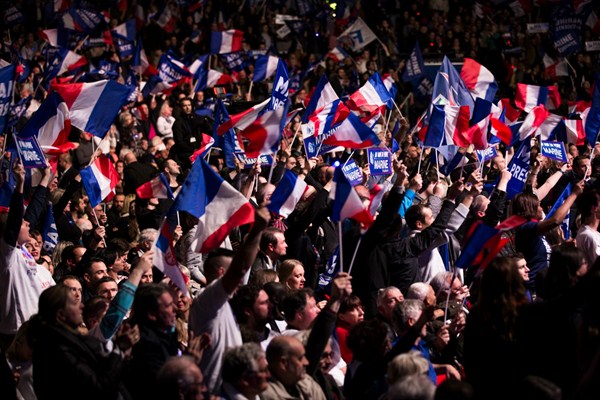On Sunday, France will vote in the first round of a heated presidential election that has domestic and international observers biting their nails. More than ever, the outcome of the French vote will resonate beyond its borders, with implications for the fate of the European Union, the plight of migrants and refugees, and security in the Middle East and Africa.
Terrorism, immigration and the economy have dominated the contentious campaign period. That’s not surprising: Just yesterday, a gunman killed a police officer in Paris; migrant camps have popped up across the country; and unemployment, especially among youth, is soaring. But foreign policy hasn’t been absent from the debate, and nowhere in the world does France have a larger imprint than in Africa.
France’s role in Africa, grounded in its colonial past, is complicated. Upon taking office in 2012, outgoing President Francois Hollande pledged to break with “Francafrique”—a term that refers to the web of close economic, military and political ties Paris has maintained with its former colonies. These cozy relations mean France has often been overly accommodating, critics say, pointing to Paris’ willingness to work with rights-abusing leaders in Chad or the Republic of Congo, for example, or the safe haven the country seems to offer some of Africa’s most corrupt leaders.

